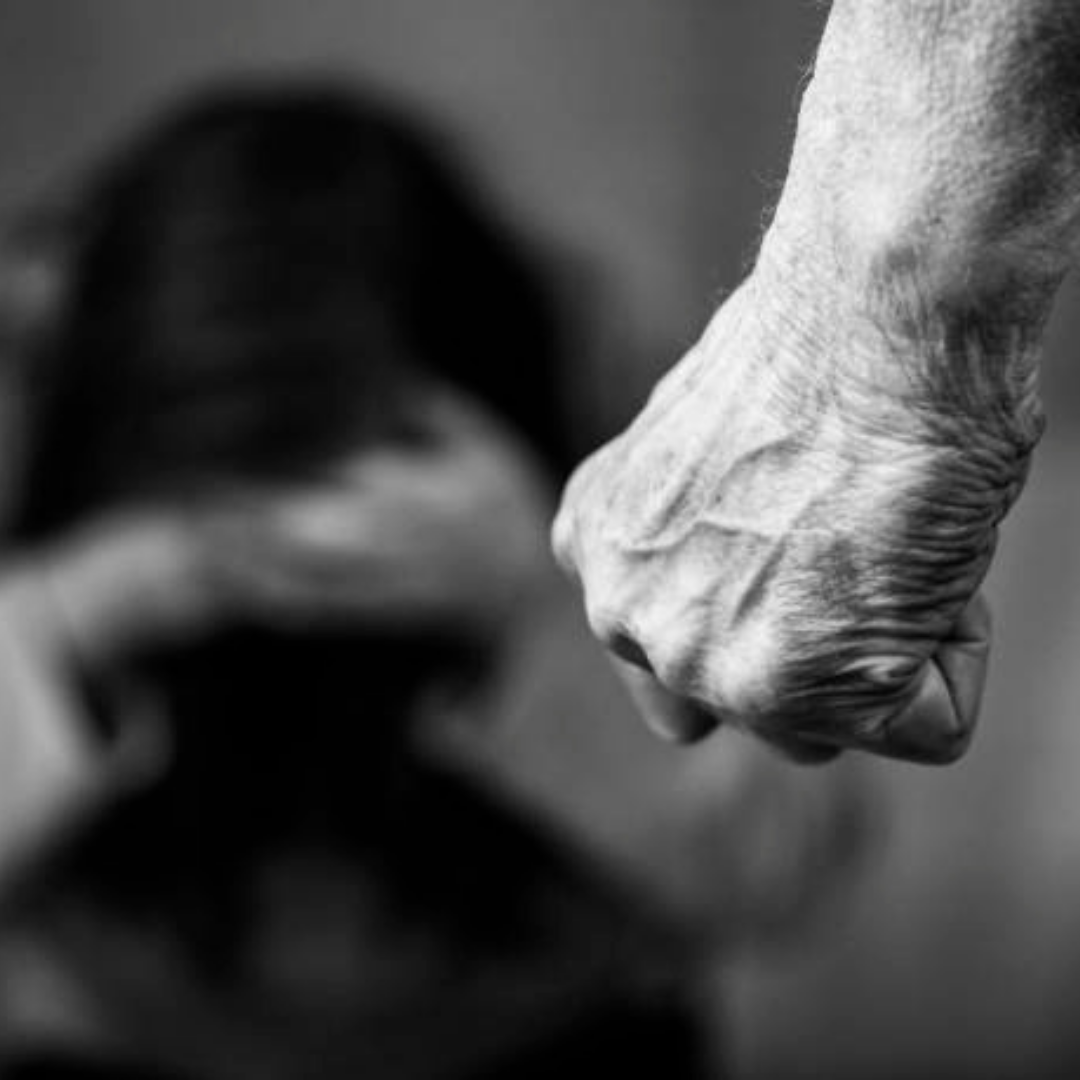Did you know that immigrant women may stay in abusive relationships for up to twice as long as non-immigrant women? Behind closed doors across America, a silent epidemic unfolds as immigrant mothers endure domestic violence while facing barriers that many of us cannot imagine. While one in four American women experiences domestic violence, for immigrant women, this number can be significantly higher—according to a study published in the Journal of Family Violence, rates of domestic abuse among certain immigrant communities have been documented as high as 59.5%, particularly among those with precarious immigration status—yet their stories often remain untold, their suffering invisible, and their options severely limited by circumstances uniquely challenging to the immigrant experience.
When an immigrant woman faces domestic violence, she often confronts barriers that extend far beyond the universal challenges of abuse. Her journey to safety is complicated by cultural expectations, immigration status, language barriers, and economic dependence. Recently, we shared the story of a brave mother who finally broke free from an abusive marriage after years of suffering in silence. Her story is not unique—it represents thousands of immigrant women across America who remain trapped in violent relationships.
Why Leaving Takes Time: The Immigrant Experience
When we ask, “Why doesn’t she just leave?” we fail to understand the devastating reality immigrant women face. These mothers aren’t simply choosing between difficult options—they’re often choosing between different forms of suffering, with their children’s welfare hanging in the balance.
Immigration Status: The Perfect Weapon For many immigrant women, their very presence in America depends on the person who hurts them most. Abusers weaponize this vulnerability with devastating precision. A heartbreaking study by the National Immigrant Women’s Advocacy Project found that 75% of abused immigrant women reported their spouse had never filed the immigration papers they promised—intentionally keeping them vulnerable and dependent.
Cultural Shame Becomes Another Prison In many immigrant communities, family unity isn’t just valued—it’s sacred. Divorce isn’t just discouraged—it’s considered a profound moral failure that brings shame to entire extended families. This pressure crushes souls daily. Research published in the Journal of Family Violence found women from cultures emphasizing family unity were 43% less likely to report abuse or seek help. The shame becomes another wall in their prison—67% of immigrant survivors reported that fear of bringing dishonor to their family kept them silently enduring violence, often praying for death rather than escape.
When Every Dollar Is Survival Financial dependence becomes a deliberate trap in abusive relationships. According to the National Network to End Domestic Violence, 74% of survivors stayed with abusers because they couldn’t afford to leave. For immigrant women without legal status, this trap is magnified—with no work permits, they face unemployment rates three times higher than American-born women and earn 42% less when employed (Migration Policy Institute). Many face an impossible choice: feed their children or keep them safe.
Language Barriers and Isolation Limited English proficiency creates significant obstacles when navigating support systems. Many immigrant women don’t know their rights or how to access resources like shelters, legal services, or protective orders. This isolation is often deliberately engineered by abusers, who may restrict their victims’ contact with family, friends, and the outside world.
Data from the National Latin@ Network reveals that 45% of immigrant survivors reported they did not call police due to language barriers. Additionally, a multi-state study found that only 34% of domestic violence programs offer services in languages other than English, creating significant access barriers. Studies show that women with limited English proficiency stay in abusive relationships an average of 7 years longer than those who speak English fluently.
Breaking the Cycle: Paths Forward
Despite these challenges, there are pathways to safety:
Legal protections like the Violence Against Women Act (VAWA) provide immigration relief for survivors of domestic violence, allowing them to self-petition for legal status independent of their abusers. Additionally, U-visas offer protection for victims who assist law enforcement in investigating or prosecuting crimes.
Cultural competency in support services makes a crucial difference. Organizations that offer multilingual services and understand the unique cultural contexts of immigrant communities can more effectively support survivors. According to research from the Migration Policy Institute, “community-based organizations with staff from the same cultural background as clients have higher success rates in helping immigrant women leave abusive situations safely.”
Taking Action: How You Can Help
The reality is stark: most immigrant women cannot escape abusive situations alone. Without social networks, financial resources, knowledge of legal rights, or language fluency, the barriers to leaving can be insurmountable. Many remain trapped not from lack of desire to leave, but from lack of viable options and support. Here are impactful ways to make a difference:
Learn and Share Resources
- Familiarize yourself with local organizations serving immigrant survivors
- Save the National Domestic Violence Hotline (1-800-799-7233) to share when needed
- Learn about legal rights for immigrant survivors, including VAWA and U-visa options
Volunteer and Donate
- Offer translation services or professional skills (legal, healthcare, childcare)
- Volunteer at shelters serving immigrant populations
- Contribute household items or gift cards to help survivors establishing new homes
Advocate for Change
- Support policies protecting immigrant survivors from deportation when reporting abuse
- Advocate for increased funding for culturally appropriate services
- Challenge immigration policies that increase vulnerability to abuse
Create Community Support
- Organize donation drives for local shelters
- Host awareness events in your community or workplace
- Provide transportation to appointments, court hearings, or support services
Most importantly: become a bridge. Form genuine friendships with immigrant women in your community. Not all are experiencing abuse, but these connections create safe spaces where those who are suffering might eventually seek help. Professional service providers observe that informal community relationships often become vital lifelines for survivors, providing both emotional support and practical pathways to resources when needed.
If you or someone you know is experiencing domestic violence, please remember: no one deserves abuse, help is available, and a safer future is possible.

